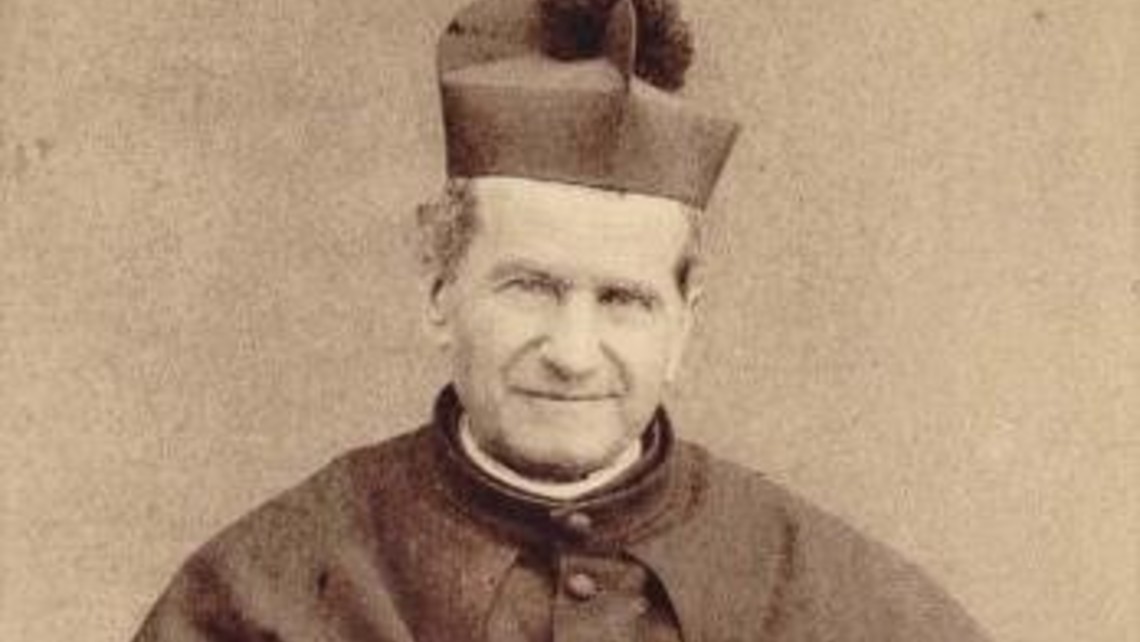
Imagine someone immediately coming up to you and without hesitation tells you: I desire to save your soul. This is exactly what St. John Bosco would do in his attempt to rescue the kids of Turin, Italy from the depths of despair. He would make his point very clear to the youth he would encounter in the streets of Turin while offering them an opportunity in his oratory. He desired to “save their souls.” There was no miscommunication on his part. Because of his direct, stern, yet loving approach many children were taken aback on how direct he was towards them.
The Preventive System
The Master Catechist that he was, St. John Bosco instituted a system of learning aimed to open the heart and mind of the child while at the same time reveal the presence of Christ in their lives. The Preventive System is an approach based on three core principles: Reason, Religion, and Kindness. Each principle has a specific point to bring the child closer to Christ.
The Principle of Reason aims to provide a reasonable atmosphere where the child would be given the opportunity to consent to St. John Bosco’s instruction and guidance. He would be given an opportunity to choose his path. In other words, ones actions must lead to something productive that assists others and not just the self. The goal of this first principle is to develop good Christians and useful citizens. St. John Bosco would place himself as a father, mentor, and guide and not necessarily as a superior figure. These roles were necessary due to the difficult environment children faced in Turin. The goal is to embrace the child for what he is, understand his environment, and then bring him to love Christ. The teacher must be the bridge to a child’s discovery of the world through patience, diligence, and prayer.
The Principle of Religion stressed the ugliness of sin and the value of living a virtuous life. The aim is to develop the intellectual and physical gifts the child possesses and how he can be directed toward a greater good. At the heart of religion is intimacy with Jesus Christ and His Church. There are five steps within the principle of religion to help youth attain personal holiness:
1. Holiness of ordinary life
2. The joy and optimism of holiness
3. Centrality of Confession
4. The Holy Eucharist
5. Love of Mary
The Principle of Kindness stresses the virtue of love. St. John Bosco would stress: “Let us make ourselves loved, and we shall possess their hearts.” In other words, our personal witness in Christ must be constant for the development of the child. The learning environment should be warm and inviting not cold and correct. St. John Bosco emphasized an atmosphere where the family spirit reigned; he did this through rapport, friendliness, presence, respect, attention, dedication to service, and personal responsibility.
In conclusion, the Preventive system aims to help the child become a “Preventive Student” who acknowledges the need to live a moral life understand the nature of sin and actively participate in the frequent reception of confession and practice the virtue of love. What made St. John Bosco effective in his methodology was his willingness to go into the heart of the child regardless of his state in life and see Christ in him. Wisdom tells us these methods not only served St. John Bosco well; they can also reawaken our relationship with Christ.
St. John Bosco, patron of all Catechists and Youth, pray for us!






